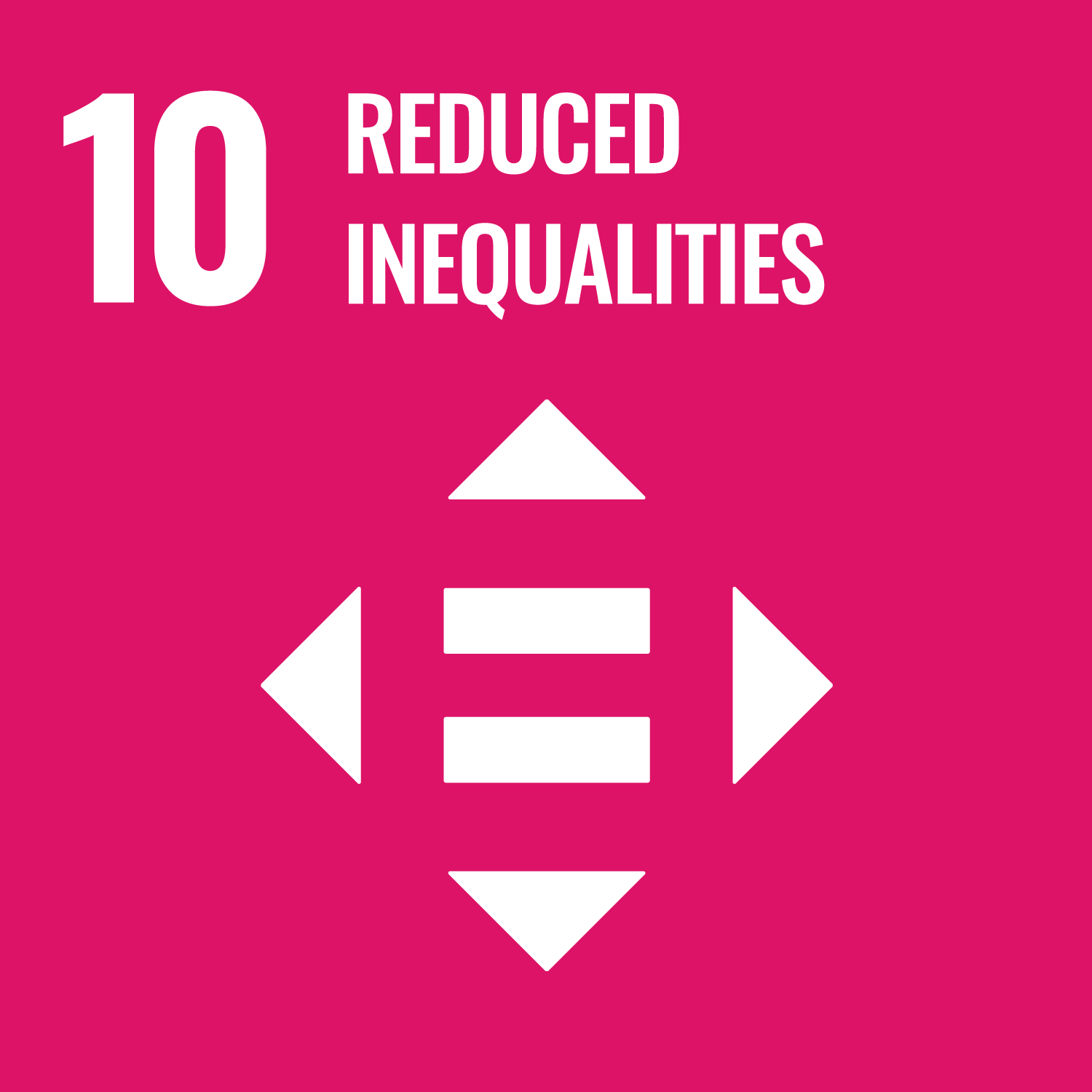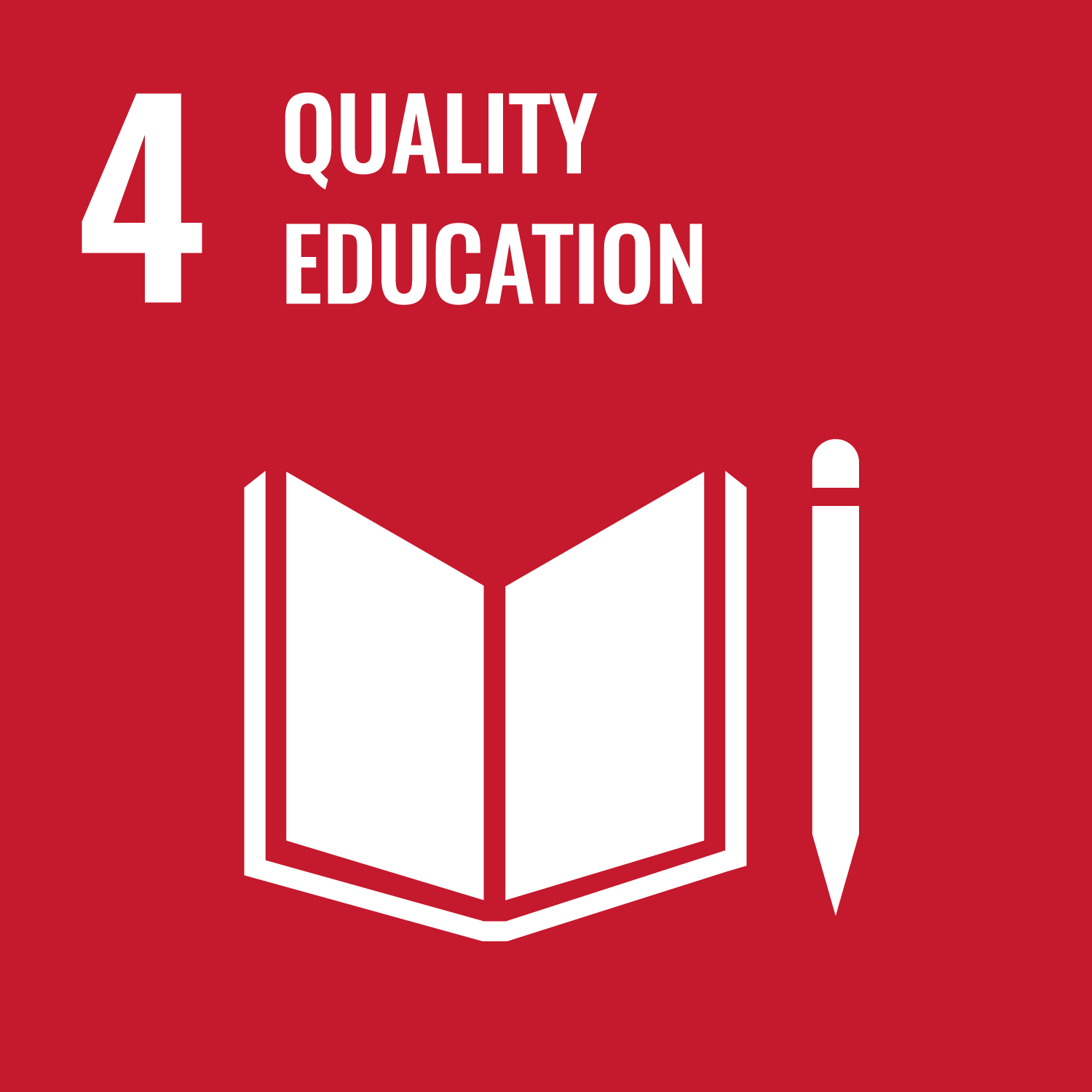To realize a multicultural society, cross-cultural understanding and mutual respect for different cultures are essential. As the number of foreign nationals working and living in Japan increases, we must avoid falling into stereotypes and instead, respect the diversity of each individual. Why not take advantage of JICA's programs and initiatives to promote multicultural coexistence in educational settings?
Foreign professionals are considered indispensable to Japan's economy and daily life. It is estimated that by 2040, there will be a shortage of 970,000 foreign workers in the labor market (revised estimation by the study on “Diversity and Social Inclusion of Migrant Workers in Japanese Society—Our World in 2030/40” by the JICA Ogata Research Institute for Peace and Development). Against this backdrop, the Japanese government has launched comprehensive measures for the acceptance and coexistence of foreign professionals, aiming to make Japan the "Chosen Country" as a place to work and live by promoting a comprehensive approach across all levels of government.
However, there are risks that certain stereotypes will emerge when accepting foreign talent. An expression like "people from Region B of Country A have characteristic C and are suitable for Job D" is one example of such stereotypes. These types of information can lead to unconscious bias and discrimination. For example, if there is an expression such as "People from [your region] in Japan are suited for XX jobs," many Japanese people would likely find it uncomfortable. Such stereotypes ignore the diverse characteristics and experiences of individuals and can lead to prejudice and discrimination.
While it remains important to acquire general knowledge about foreign cultures, customs, and educational systems, it is equally crucial not to stereotype individual foreigners we encounter in our daily lives. One effective way to achieve this is to directly experience different cultures and interact with people from diverse backgrounds. For children, who will play a vital role in a future multicultural society, these experiences are particularly valuable as they help to develop the ability to overcome stereotypes.
My daughter's experience is one such example. Due to my overseas posting, her school environment changed suddenly. Her classmates were from various regions, such as Africa, Asia, and Central and Eastern Europe, creating a multicultural environment. Previously, my daughter had only interacted with Japanese people in Japanese language, but she realized that her assumption, "I might be bullied because of prejudices against Asians and my lack of English skills", itself was a stereotype. Her classmates warmly welcomed her, regardless of nationality, skin color, or language proficiency. This experience allowed her to believe, "We children can create a world without prejudice," and she has been sharing these experiences and thoughts through English speeches after returning to Japan, encouraging others to "venture into the world."
In this way, gaining direct experience of interacting with individuals from different backgrounds can greatly help foster an approach that avoids general biases and stereotypes, such as, "People from Country A are like this." My daughter had the chance to live abroad, but even in Japan, and even in a school classroom, it is possible to have experiences that allow you to "venture into the world." JICA offers a variety of programs and initiatives to deepen understanding of different cultures.
Below are some recent survey results and initiatives for educators and children implemented by JICA that educators may find useful. Additionally, JICA runs various programs across Japan, so please also refer to the websites of JICA's domestic offices.
1. International Comparative Survey on Initiatives for Children in a Multicultural Society
In 2023, some members at the National Institute for Educational Policy Research (NIER)and JICA visited South Korea, Canada, the UK, and Australia to investigate the initiatives of governments and schools where multicultural coexistence is advancing similarly to Japan. It was found that in these countries, the need for international understanding and multicultural education in "globalized classrooms" is increasing. The efforts and initiatives in each country were introduced at the symposium "Preparing Children to Thrive in an Uncertain World: What Schools, Educational Administration, and Society Can Do," with a video also available on YouTube.
2. Training Programs and Reference Materials for Teachers
JICA dispatches teachers to developing countries to conduct overseas and domestic training programs for teachers to help them understand the current situation in developing countries and Japan's relationship with them. Participating teachers share the profound learnings gained through pre- and post-training sessions and classroom practice. The previous year’s reports include lesson plans for thinking about multicultural coexistence and the SDGs in classrooms where the number of children with foreign roots is increasing. The "Find Teaching Materials" page on the JICA website also introduces supplementary materials and video resources to help children understand developing countries, as well as reference materials on the education systems and school cultures of 11 developing countries.
3. Cross-Cultural Exchange Programs
JICA Tokyo accepts more than 3,000 human resources from developing countries annually for a technical training in Japan. As part of this, we offer a school visit program where JICA training participants introduce their home countries at schools in Japan, while Japanese students, in turn, introduce Japanese culture and their local areas to the JICA participants.
Additionally, a workplace experience program for junior high school students is conducted to deepen their understanding of different cultures by experiencing JICA's training management and working at the front desk of JICA training facilities.
Lastly, here is an inspiring message from Japanese children who participated in such programs and will play a vital role in a multicultural society: "Through exchanges with JICA training participants from various countries, I felt that people in developing countries live vibrantly and feel happiness in everyday occurrences just like Japanese people. I had preconceived notions like 'it is hard to talk to them' or 'I cannot understand them,' but I realized that I could connect through smiles and kindness, even if I could not understand the language."
Why not take advantage of JICA's programs and initiatives to promote multicultural coexistence in educational settings?









scroll